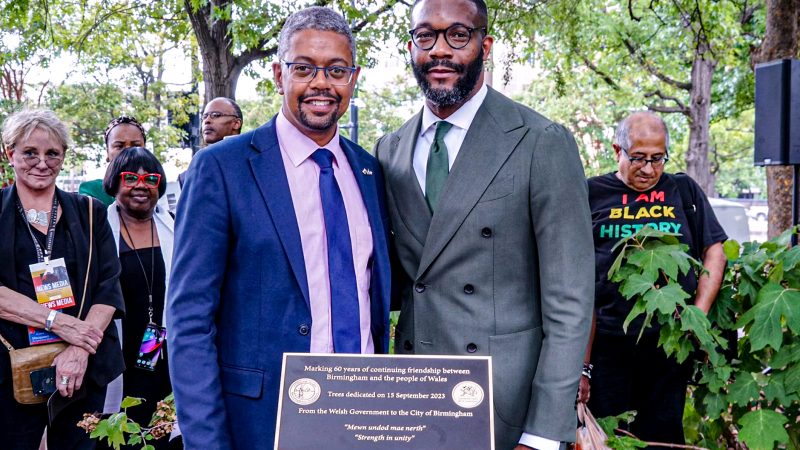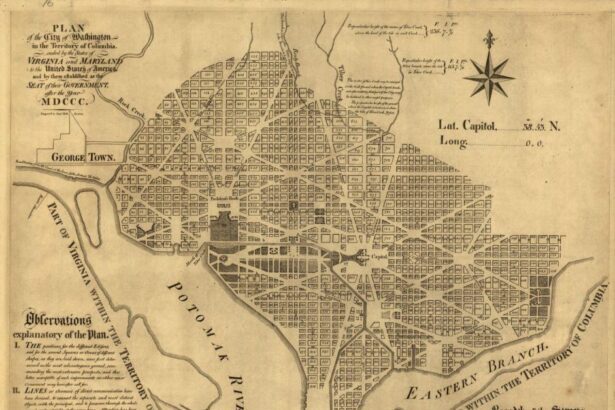In the previous month, I was privileged to represent the Welsh government in Birmingham, Alabama, as the community commemorated the 60th anniversary of the bombing of the 16th Street Baptist Church that claimed the lives of four girls and injured many others.
The racist killing of Addie Mae Collins, Cynthia Wesley, Carole Robertson, and Denise McNair deeply affected the nation and paved the way for the march to the Civil Rights Act of 1964. This tragic event was a turning point in Black history in the United States.
John Petts, an artist from West Wales, initiated a fundraising campaign to create the Wales Window, a stained glass window with a depiction of a Black Jesus, which now holds a place of honor in the reconstructed church.
The crucial role of economic justice in the civil rights movement
Ministerial duties rarely allow time for reflection, but this occasion provided a rare opportunity to reflect on the progress and sacrifices made, the international solidarity formed through adversity, and the journey ahead.
The commemorations paid tribute to the heroic individuals, including the children of Birmingham, who contributed to the civil rights movement and their determination to transform the tragedy of the bombing into progress.
It was evident that the fight for economic justice was at the core of the broader movement. In the stark racial inequality of segregation-era America, economic inequality deprived people of dignity, respect, and freedom.
For activists, the economic advancement of Black people was intertwined with their civil and social progress, serving as a crucial component in the pursuit of a better life. The impact of economic inequality then and now should prioritize our efforts in achieving social justice.
Yesterday I had the honor of speaking at the 16th Street Baptist Church in Birmingham, Alabama.
To pay tribute to the four young lives taken 60 years ago.
And to reaffirm the solidarity from Wales that was shown all those years ago, with the donation of the Wales Window.
🏴🇺🇸 pic.com/9AM6f3FHu2— Vaughan Gething (@vaughangething) September 16, 2023
Social justice requires economic justice
In the Labour movement, we are guided by this same principle. It is why we should remain focused on our determination to unite people, rather than becoming embroiled in the culture wars ignited by our adversaries.
Now more than ever, we should look around us with hope. As Dr. King said: “There is nothing new about poverty. What is new, however, is that we have the resources to get rid of it.”
In Wales, our vision for the future economy emphasizes economic growth as a means to achieve equality and foster trust and connection among people. Ending economic inequality unlocks potential, expands opportunities, and lifts children out of poverty.
Reflecting on the progress of Black Americans in the past 60 years in Alabama served as a reminder that our pursuit of social justice encompasses various fronts, but it cannot be realized without economic justice.
Our anti-racist action plan in Wales is a testament to this. While ensuring adequate representation of our communities in street names, museums, and classrooms, we are also exploring new ways to support Black entrepreneurs.
A more equitable Wales hinges on a collective economic future
Other aspects of my visit underscored the shared understanding that unites our nations. Meeting with regional leaders and businesses in the South enabled us to promote Wales’s economic strengths and learn about local inclusive growth initiatives.
After signing the International Friendship Pact between Wales and Birmingham, my next stop was the Innovation Depot, a business incubator for tech start-ups. While the work and industries may have evolved over the years, the imperative of equipping all young people with skills and opportunities remains constant.
British Black history differs in many ways from Black history in the US, but the fundamental challenge of achieving social justice through economic justice remains. It is a concept to ponder as we conclude Black History Month.
This principle applies not only to Black people but to everyone, as Harvey Milk referred to as “The Us’s”. True equality can only be achieved when everyone is considered equal. Our mission for a fairer Wales relies on an economic future shaped by all of us.
Value our free and unique service?
LabourList has a larger readership than ever before, but we rely on support from our readers to sustain our dedicated coverage of Labour’s policies, internal debates, selections, and elections.
Support LabourList




